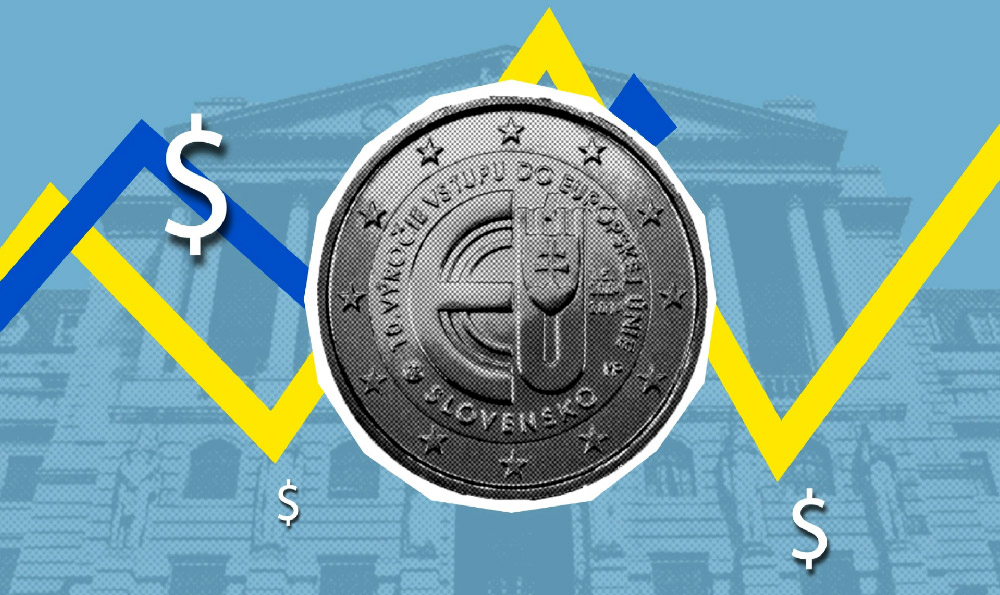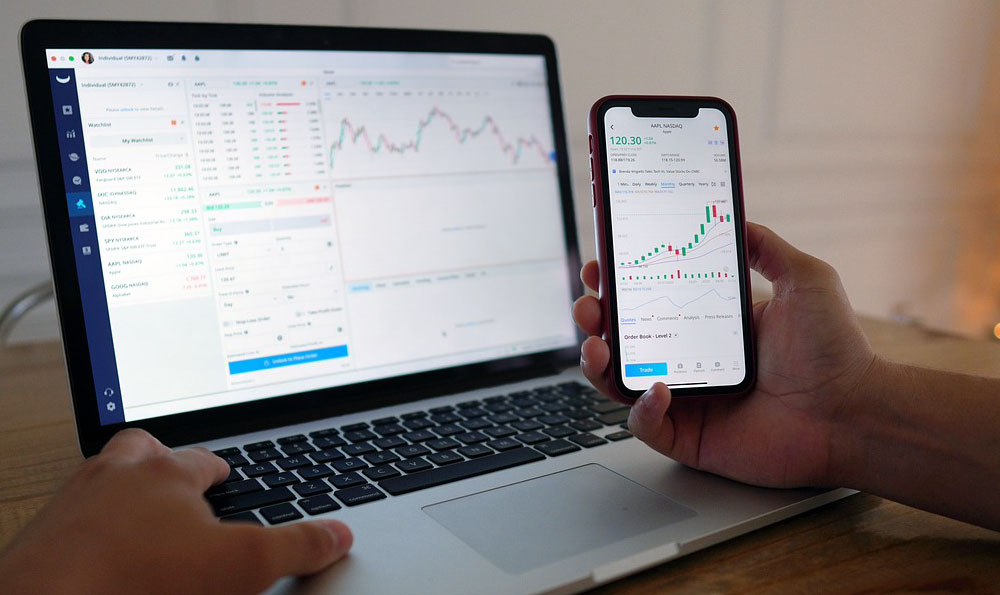``` Bitstamp, a cornerstone in the cryptocurrency exchange landscape, has facilitated countless transactions and played a pivotal role in the maturation of the digital asset market. Understanding its ownership structure and governance is crucial for anyone considering using the platform or simply seeking to comprehend the broader dynamics of the crypto world. The question "Does Bitstamp Have an Owner? Who Controls Bitstamp?" delves into the heart of this topic, requiring a nuanced exploration of its corporate evolution.
Bitstamp's Ownership History: A Journey Through Time
Bitstamp's journey began in 2011, founded by Nejc Kodrič and Damijan Merlak in Slovenia. Initially, it was a small operation aiming to provide a user-friendly platform for Bitcoin trading. Over the years, it navigated the volatile crypto market, gradually building a reputation for reliability and security. This early period saw Kodrič serving as CEO and a significant shareholder, shaping the company's strategic direction.

However, the ownership landscape shifted significantly in October 2018. NXMH, a Belgium-based investment firm owned by South Korean media conglomerate NXC (which also owns Nexon, a prominent video game company), acquired Bitstamp. This acquisition marked a turning point, injecting substantial capital and expertise into the exchange.
NXMH: The Current Principal Owner
Therefore, the answer to "Does Bitstamp have an owner?" is unequivocally yes. NXMH is the current principal owner of Bitstamp. This acquisition was not merely a financial transaction; it represented a strategic move by NXC to expand its presence in the burgeoning cryptocurrency sector. NXC viewed Bitstamp as a valuable asset with a strong brand and a proven track record, offering synergies with its existing portfolio of technology and entertainment companies.
Control and Governance: Beyond Ownership
While NXMH holds the majority ownership stake, control and governance are multifaceted. NXMH undoubtedly exerts significant influence over Bitstamp's strategic decisions, capital allocation, and overall direction. They appoint members to the board of directors, which oversees the management team.
However, day-to-day operations are managed by Bitstamp's executive team, led by its CEO. These individuals are responsible for implementing the company's strategy, managing risks, and ensuring compliance with regulatory requirements. Bitstamp operates under the regulatory oversight of various jurisdictions, including Luxembourg, where it is licensed as a payment institution. These regulatory bodies also play a crucial role in overseeing the exchange's operations and protecting user interests.
Furthermore, Bitstamp's reputation for security and reliability is paramount. The company has consistently invested in robust security measures to protect user funds and data. This commitment to security is crucial for maintaining user trust and attracting institutional investors. Consequently, decisions related to security protocols and risk management are carefully considered and often involve input from external experts.
The Impact of Ownership on Bitstamp's Operations
The acquisition by NXMH has had a noticeable impact on Bitstamp's operations. With increased capital resources, the exchange has been able to invest in upgrading its technology infrastructure, expanding its product offerings, and strengthening its compliance programs. Bitstamp has also been more actively pursuing partnerships with other companies in the financial and technology sectors.
The acquisition also provided stability. In the early days of cryptocurrency exchanges, solvency and staying power was a major concern for users. NXMH's backing alleviates some of those concerns, fostering user confidence.
Who Really Controls Bitstamp? A Matter of Influence
Ultimately, "Who controls Bitstamp?" is a complex question with no simple answer. NXMH, as the owner, wields significant influence through its financial investment and board representation. The executive team manages the day-to-day operations and strategic execution. Regulatory bodies ensure compliance and protect user interests. And finally, the necessity to maintain a high level of security and confidence also constrains the operational decision making.
The answer is that control is distributed among various stakeholders. NXMH exerts the highest degree of influence through their control of the board and the ultimate direction of the exchange, but their influence is modulated by the demands of regulatory compliance and the necessity of attracting and retaining users in a highly competitive market.
Bitstamp's Future: Navigating the Evolving Crypto Landscape
As the cryptocurrency market continues to evolve, Bitstamp faces both opportunities and challenges. The exchange needs to adapt to changing regulatory requirements, technological advancements, and evolving user demands. Its ownership structure and governance will play a critical role in shaping its ability to navigate these challenges and capitalize on opportunities.
NXMH's continued support and strategic guidance will be essential for Bitstamp's long-term success. The exchange also needs to maintain its focus on security, compliance, and innovation to remain competitive in the rapidly evolving crypto landscape. The question of ownership is therefore not just an historical curiosity, but an indicator of Bitstamp's ability to thrive moving forward. A stable and supportive ownership allows Bitstamp to focus on what matters: providing a reliable and secure trading platform for its users. ```












